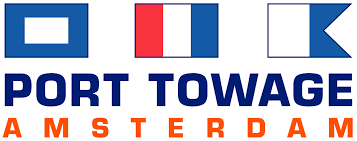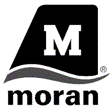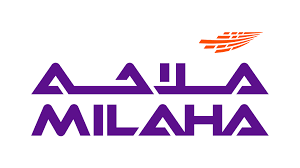- Home
- Our Services
Through cutting-edge data technology, you will get immediate and unprecedented insight into your towage businesses in any port in the world, including your own.
- Our Customers
- About
- Tugboat News
Waste Free Shipping
CO2 Reduction Calculator
How do we help you to reduce Fuel Consumption and Decarbonize?
Tugs are powerful machines, but they are not made for speeding. Around 8 knots and above, the fuel consumption goes through the roof. Yet in most ports, between 40% and 70% of all light-sailing, i.e. mobilization and demobilization is done at speeds over 8 knots and even up to 11-12 knots, often for no good reason.
The impact of speeding on fuel consumption is theoretically well understood, but very much underestimated. I.e. in most operations there is very significant potential for fuel and CO2 saving for slower speeding.
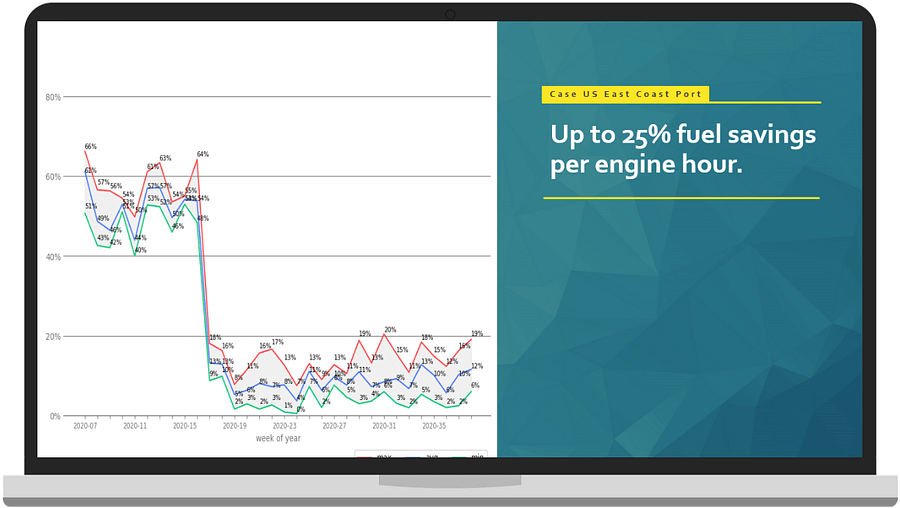
Calculate your Impact on CO2 Emissions and Fuel Consumption
No of tugs in your operation in that port
*
Average mob/demob time per job (minutes)
*
Average quantity of jobs per tug per day
*
Cost per CBM of fuel (EUR)
*
Tug speed pattern during mobilization and demobilization
- < 8 Kn
- 8-9 Kn
- 9-10 Kn
- 10+ Kn
Impact per year
Impact on Sailing time
{{((currentCalculations.totalSailTime-baselinedCalculations.totalSailTime)*100/baselinedCalculations.totalSailTime)| number:2 }} %
Fuel Savings
{{(baselinedCalculations.totalFuelConsumption-currentCalculations.totalFuelConsumption)/1000 | number:0 }} CBM
CO2 Emissions Savings
{{(baselinedCalculations.totalCo2Emission-currentCalculations.totalCo2Emission)/1000 | number:0}} Ts
Cost Saving
{{baselinedCalculations.totalFuelCost-currentCalculations.totalFuelCost | number:0}} €
Disclaimer: The objective of this calculator is to show the impact of speeding on fuel consumption and CO2 emissions. It is based on a fuel consumption curve of one of the most common engine types for a tugboat and baselined on the speed pattern that we see commonly in our analyses of tugs in various ports. The potential for your operation might be very different given the size and make of your tugs. If you want a more detailed assessment of your own operation and the potential for saving fuel and CO2 emissions, please submit a request for a report on your port.
We can help you reduce fuel consumption and decarbonize
Why our product is effective – The human element in decarbonization
Our solution focuses on the human element in speeding. Speeding during mobilization and demobilization is done for many reasons; some are operationally valid, as the need to speed for being on time to assist an incoming ship after a last-minute call by dispatch.
But more often than not, speeding is not necessary at all and just done out of habit or to experience the power of the tug. Our performance reports engage captains and make them aware of their sailing patterns and the impact thereof without micromanaging them on every single trip.

Benefits and Value
Easy Implementation
We only use AIS data, so we can literally start any day (and stop just as easy).
Captain Engagement
Engages and motivates crews to reduce fuel consumption while monitoring their performance over time.
Decarbonization
Fast and easy decarbonization of your operations. With guaranteed results.
Management Light
Really, no management time required, so doesn’t place a burden on your busy teams.
How to reduce fuel consumption?
Understand
Make a baseline or status quo assessment of the sailing speeds in your fleet and identify opportunities for saving fuel and emissions.
Initiate
Get a free baseline report to see the current speeding of your tug fleet.
Change
Weekly speed reports facilitating speeding changes.
Sustain
Sustain change and address structural issues. Engage your captains in the project with individual and tailored reports. Reduce speeds, save fuel, cost and emissions.
Case study Client
Sailing speed optimization resulting in € 190,000 saved in costs annually.
A large regional harbor and terminal towage operator was looking for a method to save fuel without investing in technology upgrades. They had already installed fuel consumption meters on board a substantial amount of their tugs and were monitoring the fuel consumption closely. Yet, they could not see the reductions they were hoping to achieve.
Reporting on the sailing speeds of their fleet while mobilizing and demobilizing showed that there was significant potential to reduce fuel consumption by reducing speeds. While they knew that for many of their tugs the optimal speed was below 8 knots, the speed reports LionRock Maritime provided showed that there was excessive speeding over 8 knots, even up to 60% of all light sailing.
Despite this finding, the client was hesitant to implement LionRock’s “Waste Free Shipping” solution. How could simple performance feedback on speeding add any value in the drive to lower fuel use?
We hence started small with the implementation in one of their operations. It involved a water system that incorporated 3 ports where our client has 6 tugs in operation. The baseline speed measurement showed that speeding in excess of 8 knots was done around 60% of all free sailing time. The implementation involved weekly speed performance reporting on a captain level. Within 2 months, speeding went down from 60% on average to less than 20%. Representing an annual saving of about EUR 250.000,-
Following this success, the client chose to implement LionRock’s Waste Free Shipping solution in 6 more ports.

-80%
Speeding Excess Reduced

€ 190.000+
Annual Cost Savings
-600.000 KG
CO2 Emissions Reduced
Our Customers
“The results exceeded our expectations. The good thing about LionRock’s product is that it does not require any investment in hardware, nor a lot of management time. It is simple, fast, has saved us significant costs and reduced our emissions.” - Walter Collet, Managing Director at Fairplay Towage
Contact
Do you want to know more about Port Exploration solutions?
Location
Beethovenstraat 95-5
1077 HT Amsterdam
The Netherlands
Frequently asked questions
How are you able to distinguish lightailing mode from operational mode?
Our proprietary software analyses AIS data and looks for ship assist patterns. We first recognize the ship assist / operational time. All the remaining sailing time is then light sailing, which is what we track for saving fuel.
We already get a speed alert and the dispatcher is supposed to follow-up. What can your product add?
The speed alert is a solution we see in many ports, yet we still need to come across an example where it is actually successful in reducing sailing speeds. Our product does not reprimand captains for speeding on individual trips, but place the autonomy and responsibility with them to reduce their speeds over time and structurally.
Are there any investments or technical upgrades required to the fleet for this product?
Absolutely not. We only use AIS data and our proprietary software does the rest. There is no requirement for investment in hard- or software.
What do you consider ECO speed?
The exact speed at which a tug starts to consume excessive amounts of fuel depends on many factors, including of course the type of engine and size of the tug. In general however for most tugs between 8 and 8,5 tugs can be considered ECO speed. We can adjust our reporting based on the speed level that you want to steer your tugs at.
What if in our port, the current makes a big influence on sailing speeds?
We adjust for that by converting the Speed Over Ground readings from AIS to Speed Through Water with a conversion function in our software. However, for these ports, we then of course need information on current levels in addition to the AIS data we use.
Reduce your operational costs now!

